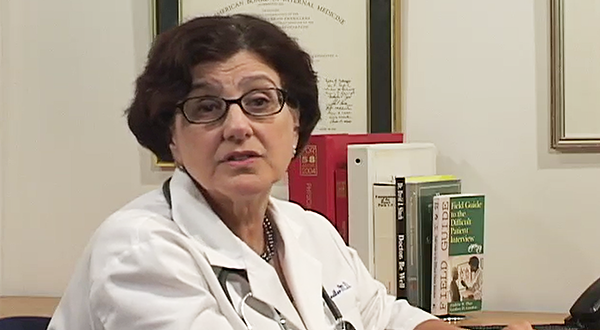Antiracism in Healthcare
This module aims to guide you in thinking about and executing ways to engage holistically with your patients/clients as full, authentic beings. By examining historical, social, economic and political forces that shape medicine and human health, we offer ways in which to reconceptualize healthcare through a social justice framework. This framework is based on two foundational principles of do no harm and diversity drives excellence and has helped shape and inform the orientation of this module. We welcome you to this module, so you can learn to cultivate diversity in your teams, in your patient care and in your personal life. We believe that in doing so, you will achieve excellence and more satisfying careers in healthcare! View this module
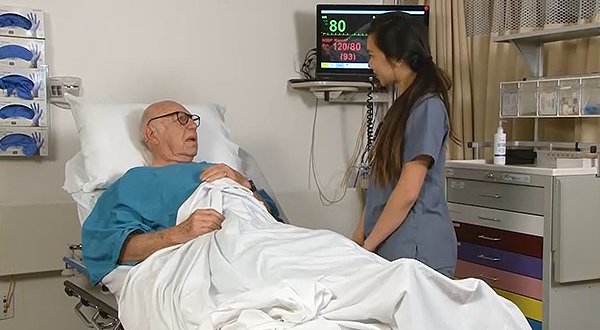
Delivering Serious News
"Serious news" is not limited to life-threatening situations. Communicating serious news is an everyday event for clinicians. Balancing the emotional jolt with compassion instead of false hope or vague statements enables patients and families to derive maximum benefit from a trying experience. Learn the six-step protocol for sharing serious news and navigating four common barriers. View this module

Effective Clinical Teaching
Although one of the end products of all clinical teaching is to enhance learners' clinical reasoning, we do much more than that in our teaching. We model professionalism, respect, kindness, attention to learners' and patients' worries and suffering, and use our abilities to not only diagnose and cure, but to understand and promote healing. Learn how to lead small groups more effectively and enhance your effectiveness as a clinic preceptor. View this module
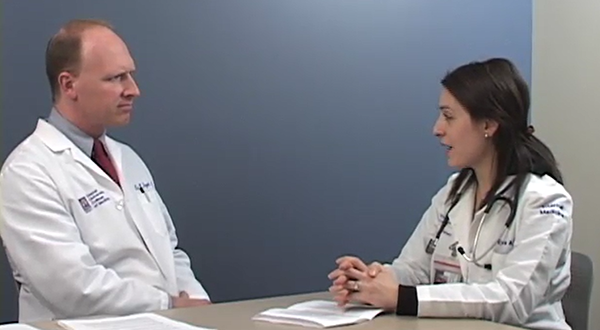
Initiating Medication-Assisted Treatment for Opioid Use Disorders
This module briefly reviews the effects of opioid medications on the brain. You will learn to diagnose opioid use disorder (OUD) and evidence-based techniques to help manage OUD. Lastly, you will learn a methodology for creating effective patient-provider relationships through motivational interviewing (MI) and trauma-informed care. Learn how to diagnose OUD and how to prescribe treatment using MI techniques. View this module
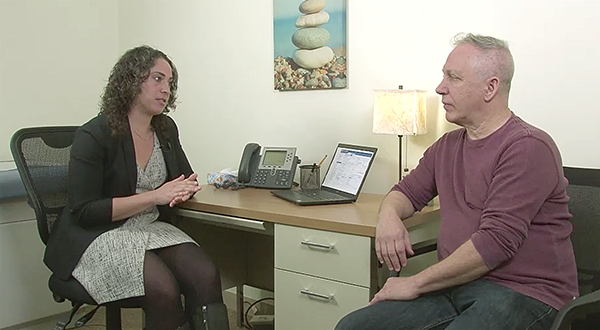
Managing Chronic Pain: Non-Pharmacological Approaches
Chronic pain is a common disorder seen by clinicians. Communication interactions can be challenging for both the clinician and patient. Educating patients on the risks of opiate use and exploring alternate methods for pain management can improve patients' quality of life. Learn to differentiate the causes of acute and chronic pain and how to counsel patients on the risks of chronic opioid use. View this module
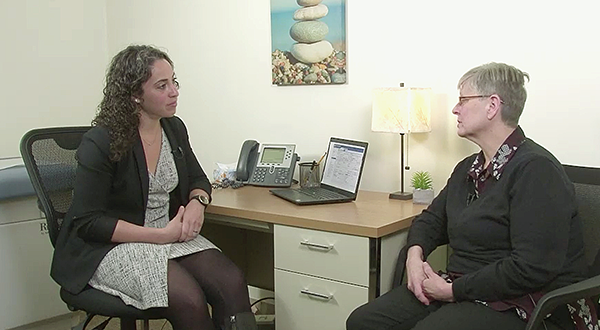
The Clinical Assessment of Substance Use Disorders
Substance use and substance dependence are commonly seen in medical settings and are frequently co-morbid with other medical and psychiatric disorders. Considerable social stigma exists toward patients with substance use disorders; healthcare providers frequently have negative attitudes toward these patients as well. Learn how to evaluate the patient's stage of change, including their readiness to accept the diagnosis, motivation to make change, and sense of self-efficacy. View this module
